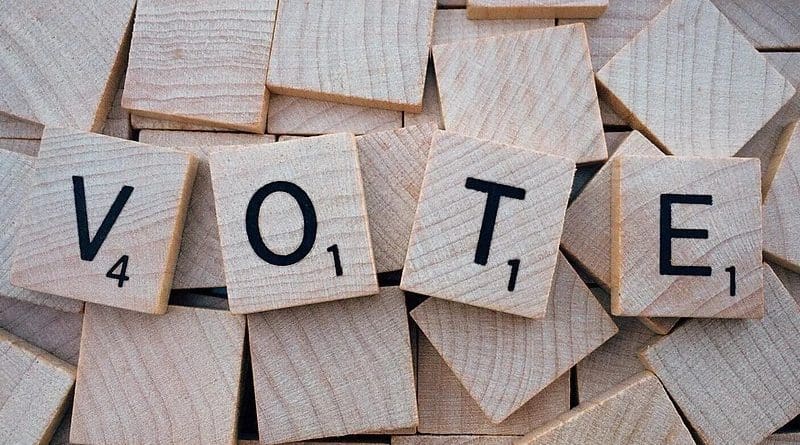Are You Voting For A Candidate Or A Political Party? – OpEd
With mid-term elections on the horizon, my email box has been inundated with messages from candidates, parties, and interest groups. Mostly, they are asking me to donate money. Still, when they ask for my vote, many of their messages tell me that I should vote for the political party rather than the candidate. Democrats are telling me I should vote for them so they can maintain control of Congress. Republicans are asking me for my vote to flip the House and Senate.
The message I am getting from candidates isn’t “I am the best person for the job,” but “Elect me so my party will have more control.” As you are looking ahead to the mid-term elections, will you be casting your vote for a candidate or the candidate’s party?
Considering the contemporary partisan divide, it doesn’t seem unreasonable to vote for the party. Lots of voters (maybe most?) will do this. If that’s the case, why not redesign the electoral system so that voters vote directly for parties rather than indirectly voting for parties by voting for their candidates?
One way this could be done would be to establish proportional voting, which I will suggest for the House of Representatives. Leave the Senate and presidential elections as they are, but have voters vote for parties rather than candidates in a nationwide election, rather than electing Representatives from districts in each state.
Here’s how such a system would work. Parties would be represented in proportion to the percentage of votes they receive, enabling more parties to be represented. If a political party received 20 percent of the votes, that party would get 20 percent of the seats in the House of Representatives. Each party would submit a list of candidates. If the party received enough votes to elect one representative, the person at the top of the list would be selected. If the party received enough votes to elect ten representatives, the first ten would be elected.
Nationwide elections for parties would eliminate the special interest legislation aimed at specific congressional districts, focusing more on national interests and, of course, political party priorities. Proportional voting is already used in much of the world, so this is not a new idea. I explain how this would work in more detail in this article.
Voters are already voting for parties rather than candidates, and candidates are even telling them this is how they should vote. Moving to proportional voting in the House of Representatives would reflect the preferences voters already express and create an opening for more parties to challenge the Republicans and Democrats. It’s worth considering.
This article was published by The Beacon

